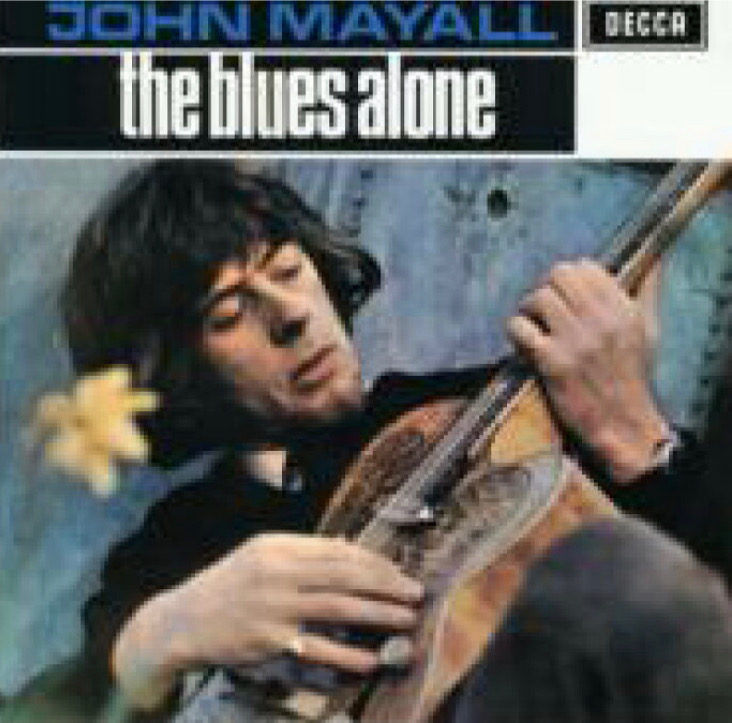February 1964 | Eric Clapton's Yardbirds has signed a contract with Columbia Label, an EMI-owned company, and is in the process of making a debut song in March. |
|---|
1964
February 7
to 22 days | American tour.
The rehearsal for the "Ed Sullivan Show" was held on the afternoon of 8th and the morning of 9th (George was absent due to his condition).
On the afternoon of the 9th, recording for the third time of the program (23rd broadcast).
The night of the 9th is the first appearance and live broadcast of the program (the day of the anecdote of the rating record).
The same program will be broadcast live on the night of the 16th.
During this period, each member received a guitar from Rickenbacker. One of them is a 12-string guitar (Rickenbacker 360/12).
⇒ 63/10/4
Concerts are held in Washington DC on the 11th and at Carnegie Hall on the 12th. |
|---|
February 25, 1964 | Recorded using a 12-string guitar.
'You Can't Do That' (1st-9th Takes)
'Can't Buy Me Love' (4th Take)
'And I Love Her' (1st Take and 2nd Take )
'I Should Have Known Better' (First to third take)
'You Can't Do That' was a song John wrote with Wilson Pickett in mind, like'When I Get Home', and he said that he played lead guitar, "There is nothing better than George, I played because I like it."
'And I Love Her' said it was the first ballad to impress Paul himself, and "her" refers to Jane Usher.
Also, the title "And" has an important meaning, because it came from the second A melody, and it was "And" when I added it as I remembered that there was the last lyrics first and a little later. Talking.
|
|---|
February 26, 1964 |
Mono mixing for singles ( 'Can't Buy Me Love' (ringo version) / 'You Can't Do That' ).
However, 'Can't Buy Me Love', which requires an additional hi-hat for apples, seems to have been worked on later.
Remake of "And I Love Her" with rust added from 19:00 to 22:00 (ringo changed from drums to bongo on the way). |
|---|
On this day, Klaus Forman went to England and stayed in the apartment where George and Ringo lived. At this time, instead of going straight from Germany, I went through Spain, where I bought a gut guitar. George, who liked the gut guitar, brought it to the studio the next day for use.
(End of story by Klaus) |
February 27, 1964 | Re- make "And I Love Her" with Klaus Gut guitar .
Other, 'Tell Me Why' (first to eighth take), 'If I Fell' (Chapter 1 to 15 take) it is also recording.
John describes the chord progression (D-D7-G-Gm-D) that moves to the chorus of'If I Fell' and describes it as a proper ballad song that is a precursor of'In My Life' .
Also, the intro ("preamble") was written by Paul and is said to be the best one he created. Perhaps the reason for this was Do You Want To Know A Secret when I was trying to make a song for George ( 'I'm Happy Just To Dance With You' ) .
|
|---|
February 28, 1964 | Peter and Gordon have released'A World Without Love'.
Recording is January 21st.
|
|---|
March 1, 1964 | Recording the remaining 3 songs for the movie.
'I'm Happy Just To Dance With You' (1st-4th takes)
'Long Tall Sally' (1st take, ⇒ 56/03 )
'I Call Your Name' (1st-7th takes)
'I'm Happy Just To Dance With You' is a co-write I wrote for George from the beginning, and like'Do You Want to Know a Secret' , "It would be nice to develop with E-Abm". It's aimed at, and is actually made with the exact same chord progression (E-Abm-F#m-B7). ⇒ 62/10 John said that
"I Call Your Name" was making A melody when the Beatles had no form as a group (before Hamburg). For Billy J. Kramer's single B side (A side is'Bad to Me'), a middle 8 (rust) is added with Paul, and the arrangement is covered here.
|
|---|
